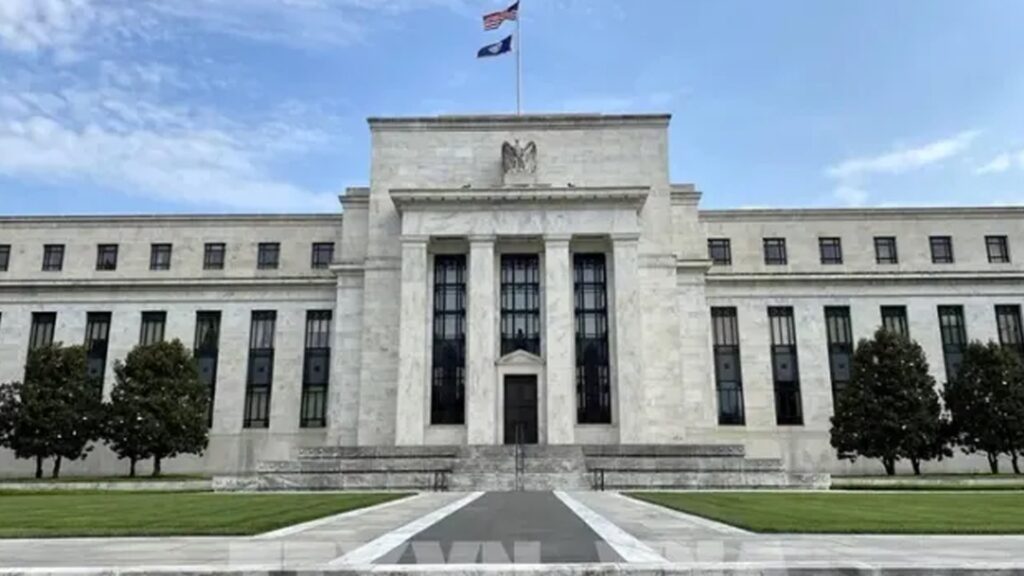The BRICS bloc is taking major steps toward integrating digital assets to promote investment and economic development within its member states and across other emerging economies.
The initiative builds on previous discussions about developing a blockchain-based payment system for the group.
BRICS Pushes for Digital Assets for Investment Payments
At the BRICS Business Forum on October 18, Russian President Vladimir Putin announced that the alliance has agreed to include digital assets in its investment payment system. The decision marks a major shift in how BRICS countries plan to handle cross-border transactions and investments.
Member states can now pay for investments using cryptocurrencies such as Bitcoin and stablecoins. There are also discussions about introducing a stablecoin backed by the Chinese yuan. The move will further facilitate safe and efficient transactions within the bloc.
Putin stressed that it would also benefit other developing countries by opening up new opportunities for economic growth.
BRICS comprises Brazil, Russia, India, China and South Africa. The bloc has been working to assert greater economic independence on the international stage. Over the past year, the group has focused on reducing its reliance on the US dollar in international trade. Instead, it has encouraged the use of local currencies.

In line with this expansion strategy, BRICS has launched a new platform called BRICS Pay. The system is blockchain-based and operates similarly to the SWIFT network. However, it is designed to facilitate transactions between BRICS countries without relying on Western-controlled financial institutions.
The platform also aims to promote the use of national digital currencies for investment and trade. The group says the move will help build a more resilient financial architecture.
“BRICS Pay will complement the capabilities of existing payment systems and methods, enhance security, and speed up and reduce the cost of international transactions,” the group says.
Meanwhile, the BRICS bloc is expanding its global influence, with recent additions to its ranks including Egypt, Ethiopia, Iran, and the United Arab Emirates. More than 30 other countries have expressed interest in forming closer ties with the group, reflecting its growing importance in shaping global economic trends.
The next BRICS meeting, scheduled to take place in Kazan, will address potential further expansion and other strategic initiatives. With the bloc expected to significantly boost global economic growth in the coming years, BRICS is positioning itself as a major force in reshaping the global financial landscape.

